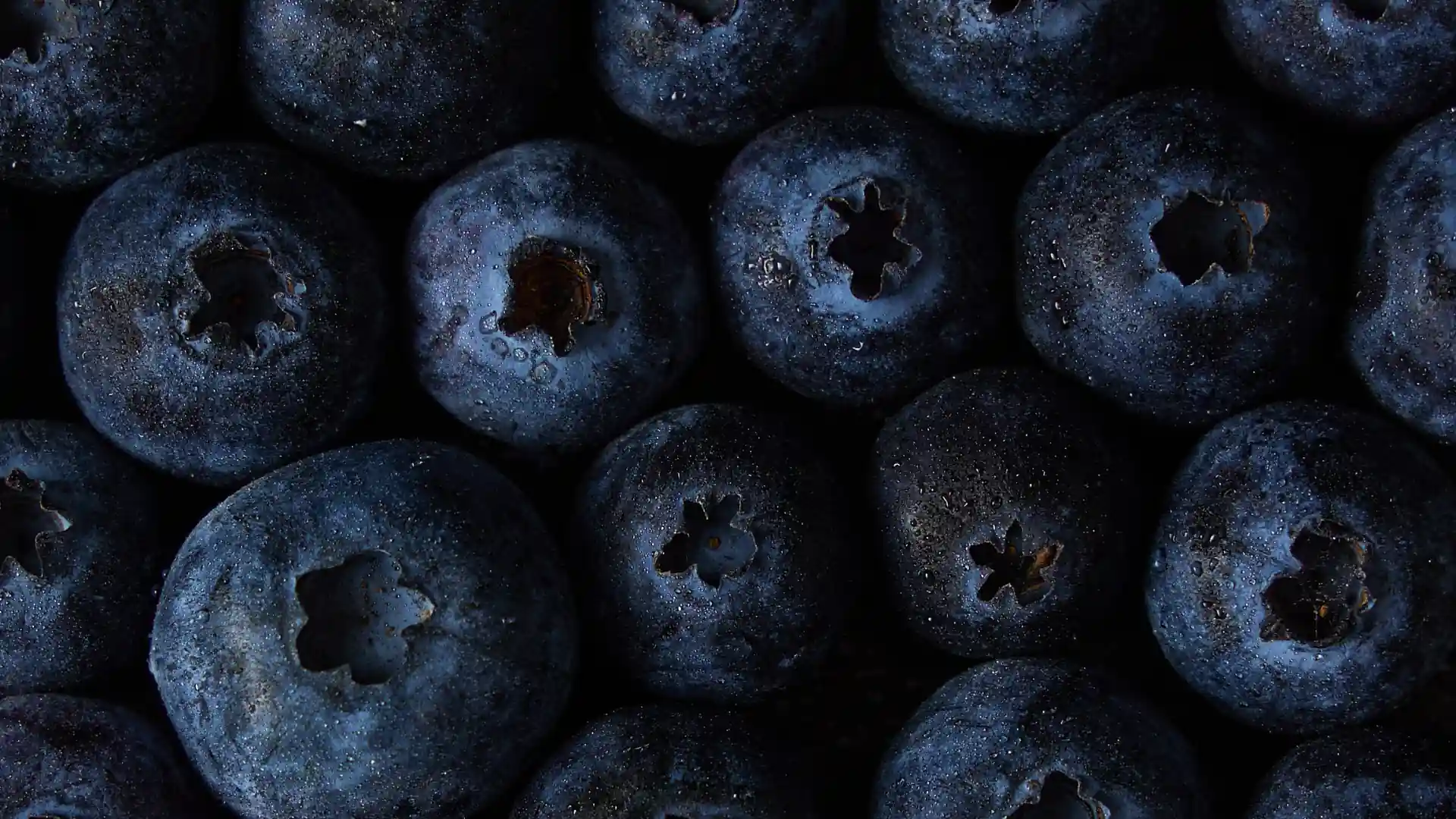Morocco is no longer just one of the emerging countries for the cultivation and supply of blueberries worldwide, but has long been a major global player. It does not matter if it ranks fourth or even third in the export ranking, with a delivery volume of more than 50,000 tonnes and a trade value of more than USD 300 million. Morocco continues to mix the international blueberry markets and is also skilfully diversifying its sales regions.
The growth of the Moroccan blueberry sector is partly the result of Moroccan agricultural policy, which aims to promote this economically profitable sector. After tomatoes, tangerines and raspberries, blueberries are already the fourth most important product in the Moroccan fruit and vegetable sector.
On the other hand, success is also the result of targeted private investments, not least by European players. The main market for Morocco remains Europe, especially Spain due to the early start of the season, which is increasingly suffering from strong Moroccan competition.
This is not surprising: thanks to lower labour costs and proximity to the European market, Moroccan producers can compete very well with southern European producers. But blueberry production in north-western Europe is already suffering from the entry of a second 'giant' on the international scene, next to Peru.
The surprising development of new markets
But the yearly growing production volume in Morocco has to be channelled somehow, and the Middle East and especially the United Arab Emirates (UAE) seem to be increasingly in the spotlight. The online platform east-fruit.com recently analysed this using data from Data Trade Monitor. According to this data, Morocco topped the list of blueberry suppliers for the UAE in the 2022/23 marketing year, overtaking South Africa. Previously, Morocco had not exported significant quantities to the UAE, supplying only 211t in the 2020/21 marketing year.
But the speed of growth is surprising, because by 2022/23 it was already close to one thousand tonnes. Only five years ago, Morocco accounted for only 2.6 per cent of imports to the UAE, according to east-fruit.com. In the 2022/23 campaign, the share was 36 per cent and even reached 80 per cent in the period from February to May this year.
Morocco has thus become the main supplier of blueberries, leaving behind not only South Africa but also the Netherlands, the United States and Spain. In reality, the competition between Morocco and South Africa exists only on paper. In fact, while Morocco delivers its blueberries to the United Arab Emirates in the first half of the year, South Africa exports in the second half.
Raspberry exports to the UK are booming
Another success story from Morocco's point of view is the development of raspberry exports to the United Kingdom, one of the main importing countries of this delicate fruit worldwide. While five or six years ago Morocco hardly exported any raspberries to the UK, volumes have grown almost exponentially since then. According to east-fruit.com, they rose to just under 16,000 tonnes in the 2022/23 marketing year, a forty-fold increase in the last three years. The reasons are also these.
After Brexit, British importers have increasingly sought alternative sources of supply and Morocco has once again successfully filled this niche.
Source: Fructhandel
Image by mrsirapholon Freepik








